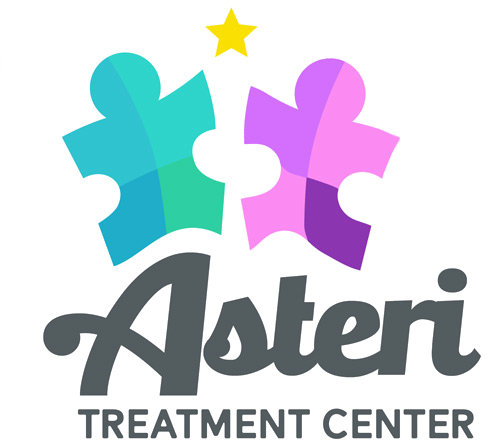Applied Behavior Analysis (ABA) therapy is an evidence-based treatment method that focuses on understanding and improving specific behaviors. Originally developed to support individuals with autism spectrum disorder (ASD), ABA therapy has proven effective in a variety of settings, helping people of all ages manage behavioral challenges, enhance learning, and develop essential life skills.
ABA treatment is rooted in the principles of behaviorism. It’s the idea that behaviors can be analyzed and changed in a systematic manner. It’s useful for addressing both socially significant behaviors and skills deficits. Whether it’s reducing problematic behaviors like tantrums or increasing adaptive skills such as communication and social interaction, ABA treatment provides a structured framework for achieving meaningful change.
The Different Aspects of ABA Therapy
One of the key components of ABA treatment is the use of data collection and analysis. Therapists carefully observe and record behaviors to identify patterns and triggers, which helps them develop individualized treatment plans tailored to each person’s unique needs. This data-driven approach allows for ongoing assessment and adjustment of strategies, ensuring that the therapy remains effective and responsive. By tracking progress, therapists and caregivers can see tangible improvements over time, which can be incredibly motivating for everyone involved.
ABA treatment typically involves one-on-one sessions between the therapist and the individual receiving treatment. These sessions can take place in various settings, including homes, schools, and clinics, allowing for a naturalistic approach that integrates therapy into daily life. The focus is on teaching new skills and reducing challenging behaviors through techniques such as positive reinforcement, prompting, and modeling.
The versatility of ABA treatment extends beyond individuals with autism. It can also be beneficial for those with developmental disabilities, behavioral disorders, and even individuals without diagnoses who struggle with specific challenges. ABA techniques address a wide range of issues, including anxiety, self-care skills, and social interactions. This flexibility makes ABA a valuable resource for families and practitioners looking to support various developmental and behavioral needs.
A significant aspect of ABA treatment is its emphasis on teaching functional skills that promote independence. Therapists work collaboratively with individuals to develop skills that enhance their ability to navigate everyday life.
Learn More About Your Therapy Options
Get more information about our ABA therapists. You can reach us by phone at (800)400-9748 or by email.
